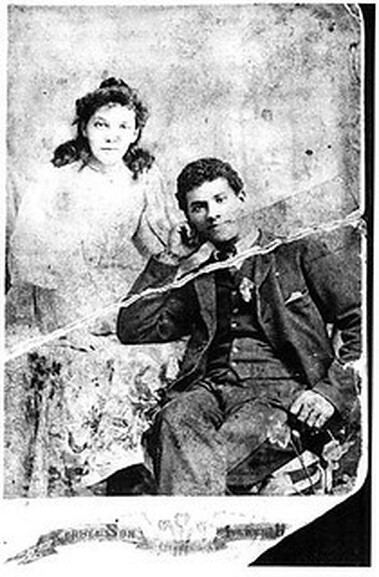News Story
Born in Bethnal Green in 1871, Eliza Adelaide Knight was a leader of the first East London suffragettes and one of the most important figures of the women’s suffrage movement. She spent her life fighting stereotypes and overcoming prejudice to build a fairer society.
Knight Gallery at Woolwich Works is named in their honour.
Adelaide & Donald
Eliza Adelaide Knight (Adelaide, as she was known) was disabled and working class. Throughout her life, she challenged the stereotype that suffragettes were privileged women from middle-class backgrounds.
A childhood injury and multiple illnesses meant that she used crutches and a walking stick. But her intelligence and commitment to activism transcended her physical difficulties. Despite her poor health, Adelaide chose to go to prison for six weeks rather than be forced by the courts to give up campaigning for a year. At the time she said, “I refuse to barter my freedom to act according to my conscience, while my health permits me to fight on”.
Adelaide’s husband was Donald Adolphus Brown. His father was from Guyana and his mother from London, and he is best known for his bravery.
On 7 January 1919, a rocket ignited and exploded at the Royal Arsenal in Woolwich, where he was working. Others fled, but Donald moved a heavy case of highly flammable rockets and flares to a place where the flames could be put out safely. With this act, he saved countless lives. In 1921, Donald Adolphus Brown was awarded the Edward Medal by King George V. In life, he supported Adelaide fully and took her surname as his own.
In her biography their daughter Winifred Langton records an exchange between Adelaide and Donald:

"What can I do Daddy? To draw back will encourage this intimidation. Can I count on your full support? It will be agonising to be away from you and our children, but with your help I can face this.' 'My dear Mama we have supported each other for many years we must not fail now that we are to be put to the test.'"Adelaide and Donald Knight




